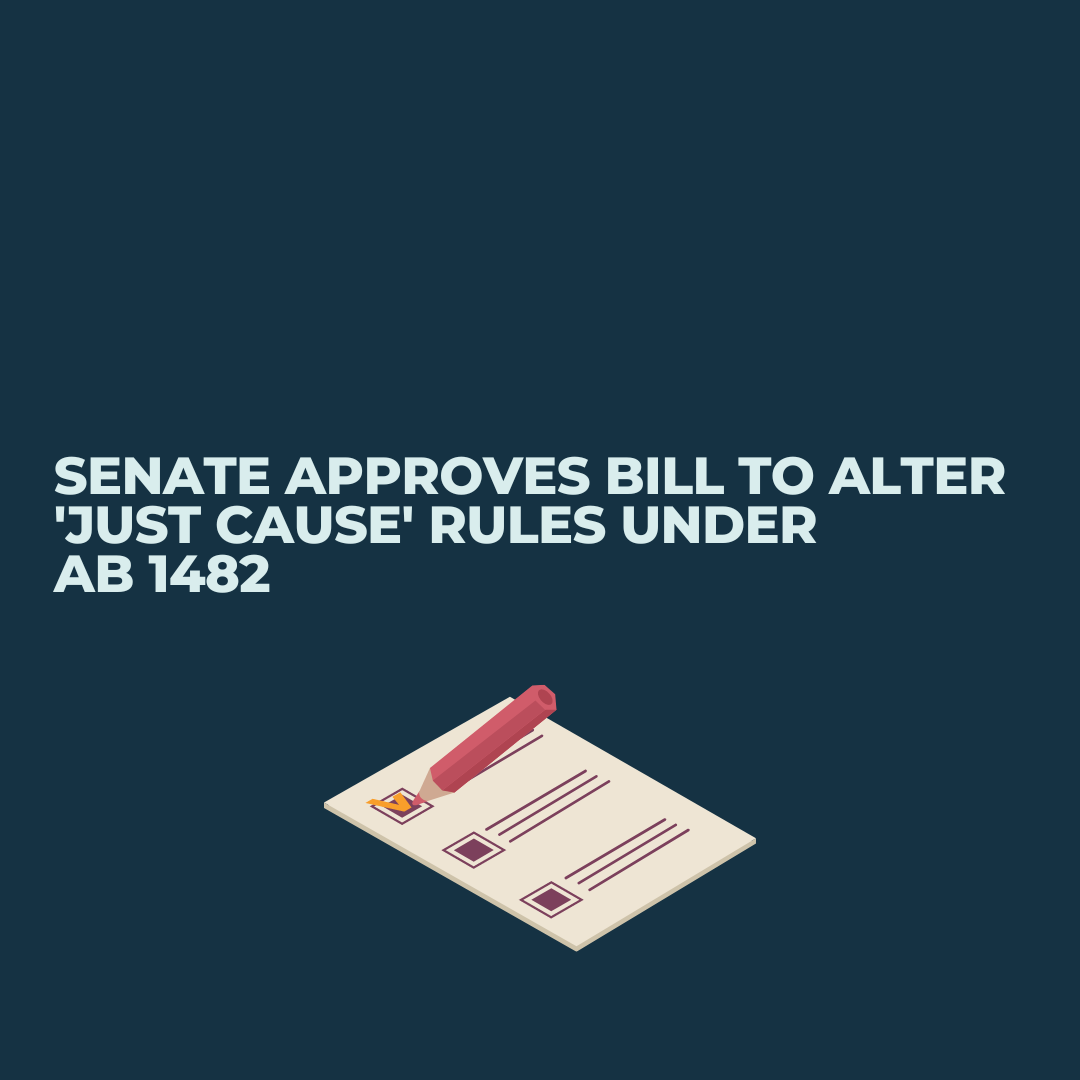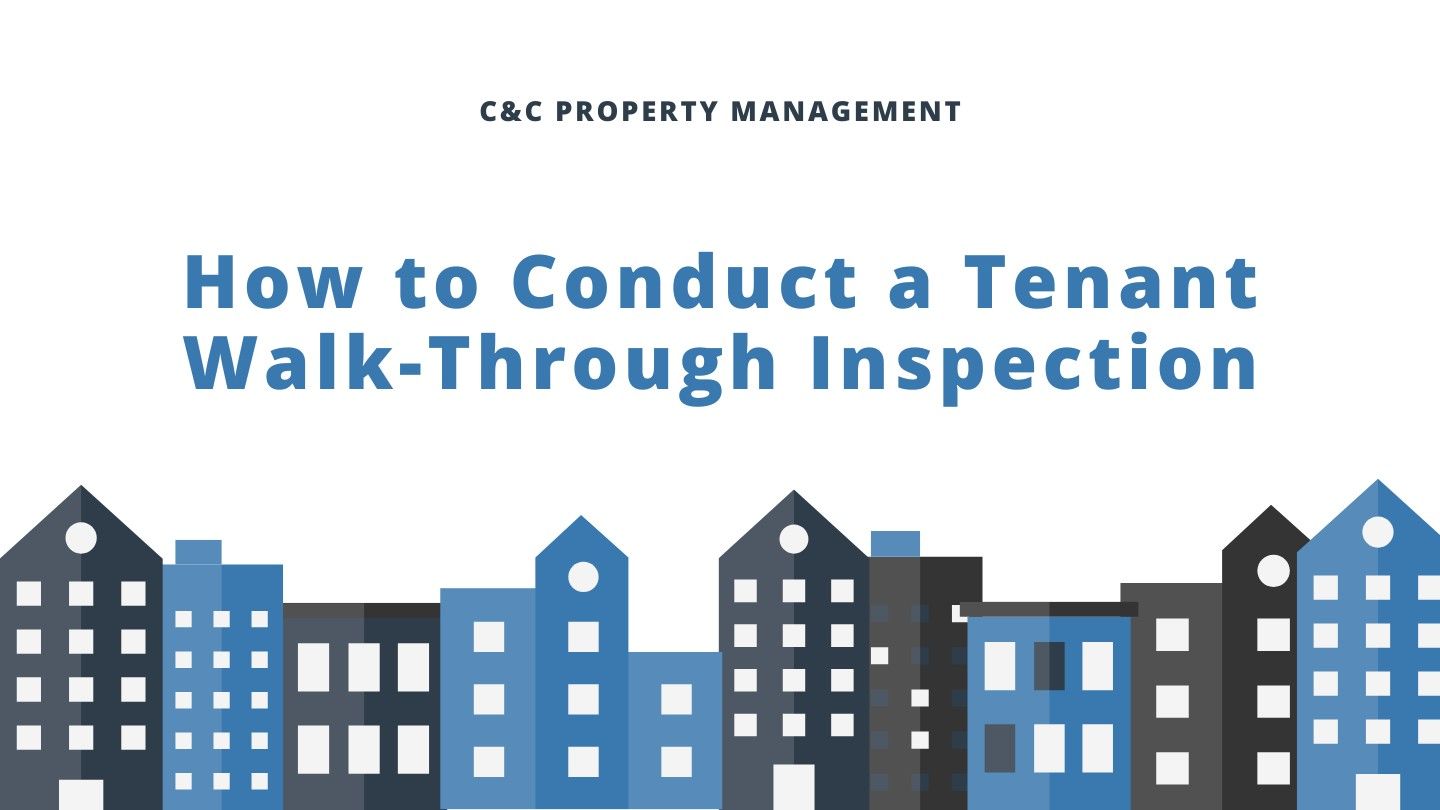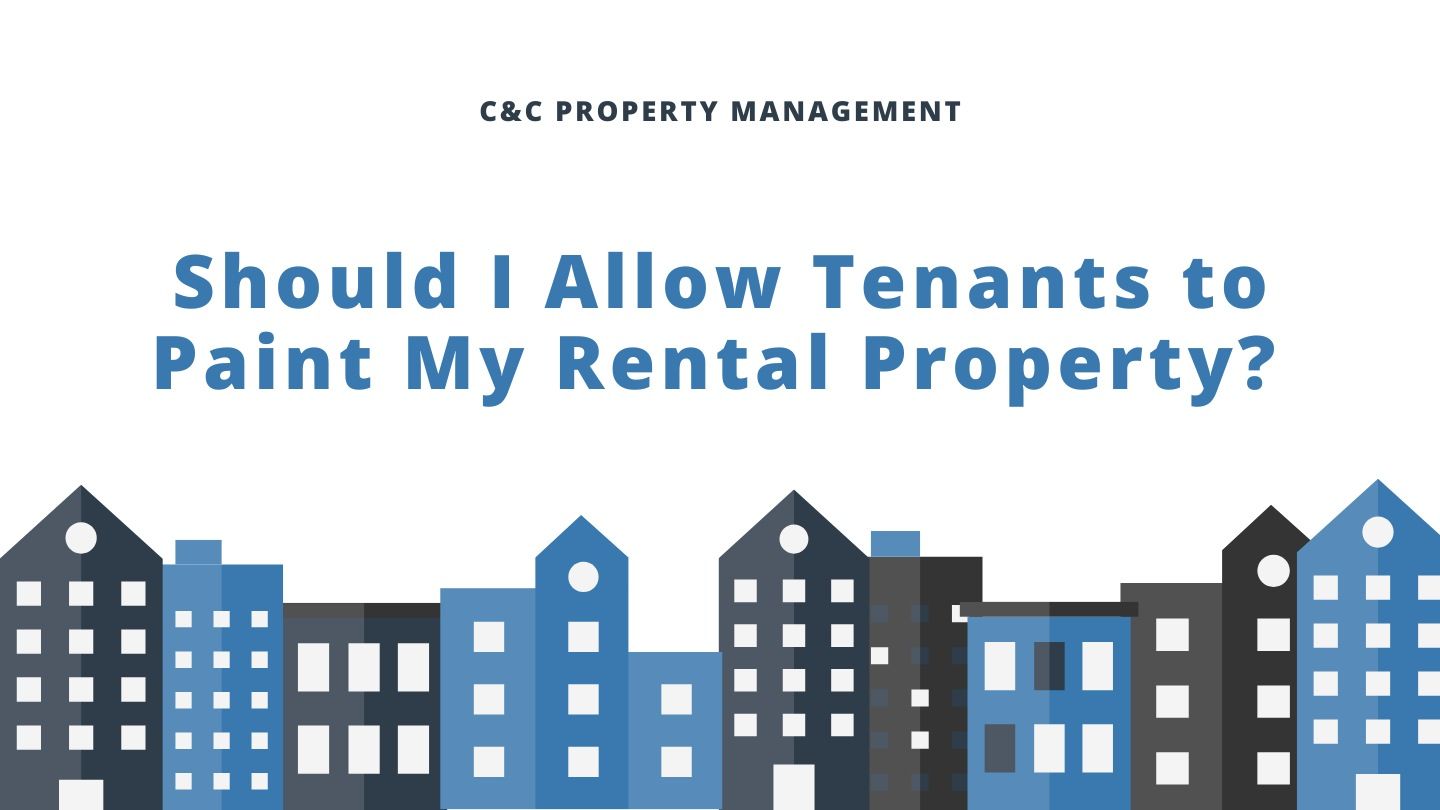Senate Approves Bill to Alter 'Just Cause' Rules under AB 1482
In a recent development, the California Senate has passed a measure that could have far-reaching implications for landlords and the rental market in the state.

The legislation, known as SB 567, proposes changes to the "just cause" for eviction provisions in the California Tenant Protection Act of 2019, commonly referred to as AB 1482. While the bill aims to strengthen tenant rights, it has raised concerns among landlords and industry groups. This blog post explores the key provisions of SB 567 and the potential impact it may have on the rental landscape.
Expansion of the Definition of Property "Owner"
One significant change introduced by SB 567 is the redefinition of a property "owner" as a natural person with a minimum ownership interest of 51 percent. This revision could prevent certain landlords, particularly those who own property through family trusts or shared ownership arrangements, from utilizing their own units or housing family members. While the intention behind this provision is to protect tenants, critics argue that it could impede landlords' ability to make necessary use of their own properties.
Permit Requirements for Termination of Tenancies
Another notable provision of SB 567 mandates that landlords must obtain permits before terminating tenancies for major repairs. While the objective is to ensure that landlords undertake essential maintenance work responsibly, this requirement may complicate matters, especially when permits are not necessary or difficult to obtain. Landlords are concerned that this could delay property repairs and maintenance, potentially impacting the habitability of rental units.
Extended Notice Period for Removing Units from the Rental Market
SB 567 also proposes extending the notice period for landlords who wish to remove units from the rental market. The bill suggests increasing the notice period to 120 days, a significant increase from the current requirement. This change aims to provide tenants with more time to find alternative housing arrangements. However, critics argue that it could discourage landlords from taking units off the rental market, as the extended notice period may limit their flexibility and ability to adapt to changing circumstances.
Restrictions on Renting Units Removed from the Rental Market
Additionally, the bill seeks to prohibit future owners from renting out units that have been removed from the rental market. This provision could have a significant impact on the sales of smaller properties, as potential buyers may be deterred by the inability to generate rental income from these units. While the intention is to maintain a sufficient supply of rental housing, this restriction may have unintended consequences for property owners and the overall real estate market.
Severe Penalties for Violations
SB 567 imposes severe penalties for violating the law, with potential liability of up to three times the actual damages, punitive damages, and attorney's fees. These penalties are meant to deter landlords from engaging in unlawful practices and provide additional protection for tenants. However, critics argue that such penalties could discourage investment in rental properties, exacerbating the housing shortage and affordability crisis.
Conclusion
While the passing of SB 567 by the California Senate indicates a commitment to strengthening tenant protections, the proposed changes have generated concerns among landlords and industry groups. The bill's provisions, such as the expanded definition of property owners, permit requirements for termination of tenancies, extended notice period for removing units from the rental market, and restrictions on renting units removed from the market, could have unintended consequences for both landlords and the rental market as a whole. As the bill progresses to the state Assembly, it remains to be seen how these concerns will be addressed and whether any modifications will be made to strike a balance between tenant rights and landlord interests.








